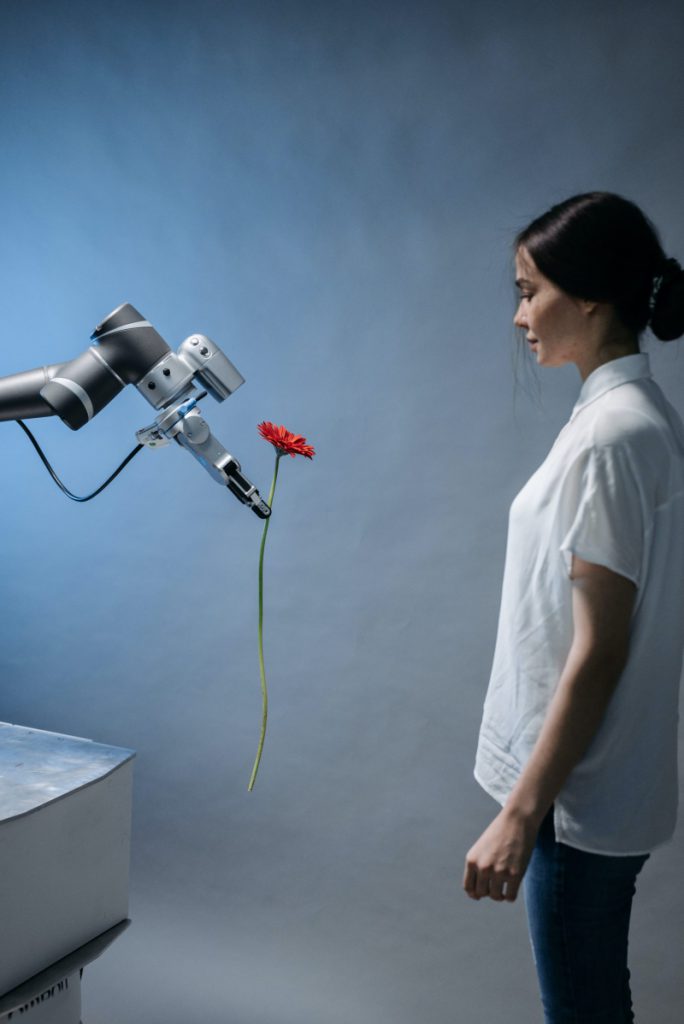I watched with some amusement and intrigue as the robot “Ai-Da” stood impressively alongside her creator, Aidan Meller, and gave testimony in the British parliament. Ai-Da was answering pre-submitted questions from the Lords assembled in parliament on the topic of AI. She was asked, “how do you produce art and how is this different from human? She responded: “By cameras in my eye; my algorithms and my robotic arm paint on canvas, resulting in visually appealing images. I do not have subjective experiences; I am dependent on computer programmes… although I’m not alive I can still create art.” Her response astonished the committee; Baroness Bull highlighted why it was so disconcerting, saying: “The machine has self-awareness because it describes where it is deficient.”
The problem with the hypothetical question of AI replacing human intervention in therapy, apart from an ethical dilemma, is that humans are amazingly complex beings designed by our Creator to be spontaneous, with emotions.
Man can take matter and animate and program it into increasingly life-like form. However, this is still animated and programed. Notwithstanding the sophistication of the program, it doesn’t have free will and emotional intelligence. This artificial creation, unlike humans, is incapable of receiving and giving love, understanding pain and the need for healing.
We can spend the whole day at a job where we help others, then come home and snap at a family member for no particular reason. We can try our hardest to be kind and patient with someone we love, only to say something harsh to them at the worst possible moment.
We are capable of great empathy and selflessness—and we are also capable of cruelty, hatred, and insensitivity. Did I saw human beings are complex? By the way, Ai-Da broke down while giving her testimony and had to be reprogrammed.

